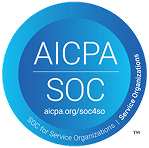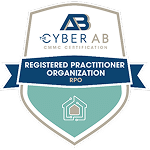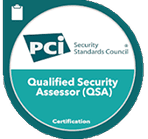Top 5 Ways HITRUST® Certification Delivers Measurable Business Value
For organizations in regulated industries, HITRUST certification has evolved from a “nice to have” to a “must-have” strategic growth asset. Recent research from Enterprise Strategy Group (ESG) found that companies that leverage the HITRUST framework and achieve certification saw a 464% ROI, driven by increased revenue, lower risk, and streamlined operations. If your team is … Read more
















